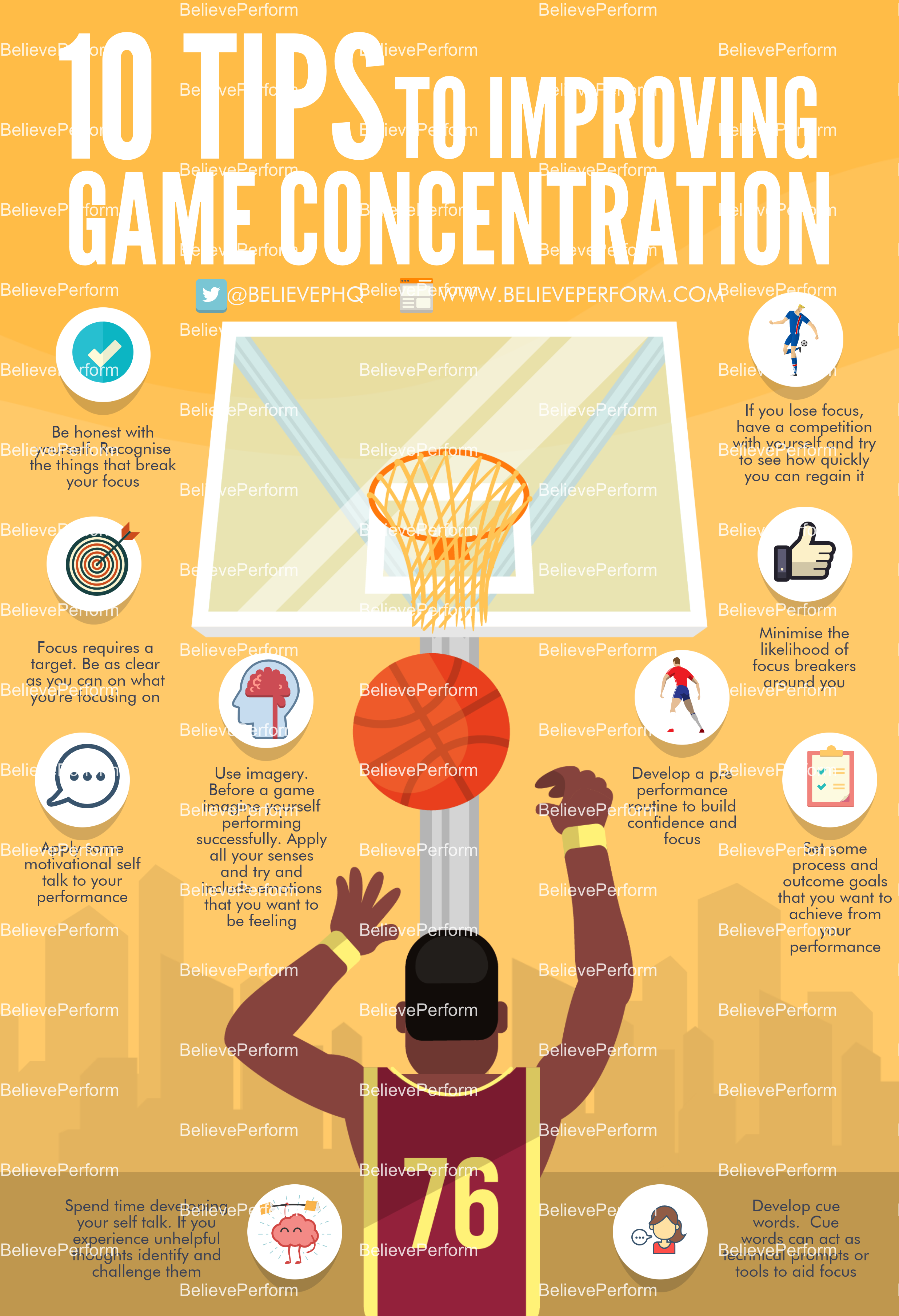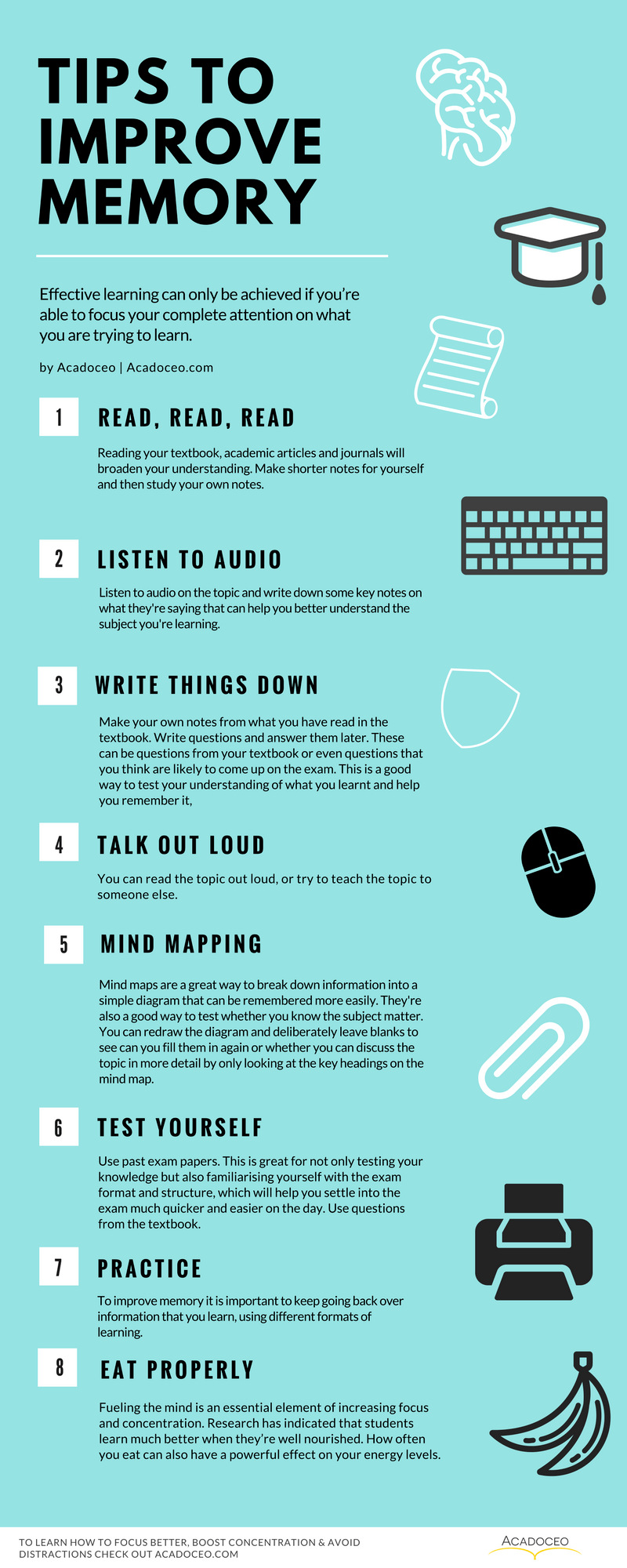Do you often find your mind wandering when you need to focus the most? Struggling to concentrate can slow down your work, make tasks harder, and leave you feeling frustrated.
But what if you could sharpen your focus and boost your concentration with simple, proven techniques? You’ll discover easy ways to train your mind, cut out distractions, and stay locked in on what matters. Keep reading, and you’ll unlock the secrets to getting more done with less effort.
Your brain is ready—are you?

Credit: www.themanthanschool.co.in
Boosting Mental Clarity
Mental clarity helps you focus better. It clears your mind from distractions and confusion. Boosting mental clarity improves your ability to concentrate on tasks. It makes thinking faster and decision-making easier.
Simple habits can enhance your mental clarity. These habits calm your mind and increase awareness. Mindfulness, meditation, and breathing exercises are great ways to achieve this. They train your brain to stay present and alert.
Benefits Of Mindfulness
Mindfulness means paying full attention to the present moment. It helps reduce stress and anxiety. With less stress, your mind works more clearly. Mindfulness improves memory and focus. Practicing mindfulness daily can boost your mental sharpness.
Power Of Meditation
Meditation quiets your busy thoughts. It creates a calm space inside your mind. This calmness helps you concentrate better. Regular meditation increases brain function and emotional control. It also helps you stay focused for longer periods.
Breathing Techniques
Breathing exercises calm your nervous system quickly. Deep, slow breaths reduce tension and clear your head. Controlled breathing improves oxygen flow to the brain. This oxygen boost enhances alertness and mental clarity. Simple breathing techniques can be done anytime, anywhere.

Credit: members.believeperform.com
Optimizing Your Environment
Optimizing your environment plays a big role in improving focus and concentration. The space around you affects how well you can work or study. A neat and well-organized area helps keep your mind clear. Small changes in your environment can boost your attention and productivity.
Reducing Distractions
Distractions break your focus and slow down your work. Turn off unnecessary notifications on your devices. Keep your phone on silent or in another room. Use noise-cancelling headphones or listen to soft music if it helps. Clear clutter from your desk to avoid visual distractions.
Creating A Dedicated Workspace
Having a specific place for work helps your brain switch into focus mode. Choose a quiet spot with minimal interruptions. Make sure your chair and desk are comfortable. Keep your workspace tidy and organized. Use this space only for work or study to build a habit.
Using Natural Light
Natural light improves mood and energy levels. Position your desk near a window to get daylight. Avoid harsh artificial lighting that strains your eyes. Open curtains or blinds to let sunlight in. A well-lit space helps you stay alert and focused longer.
Enhancing Physical Health
Enhancing physical health plays a big role in improving focus and concentration. The body and mind work together closely. When the body feels good, the mind stays sharp. Taking care of your body supports better brain function. Simple habits can make a strong difference in how well you focus.
Importance Of Sleep
Sleep is a key factor for clear thinking. The brain needs rest to process information. Poor sleep leads to trouble concentrating and memory problems. Aim for 7 to 9 hours of quality sleep each night. Create a calm and dark environment for better sleep. Avoid screens and caffeine before bedtime to improve rest.
Healthy Eating Habits
Food fuels the brain and body. Eating balanced meals helps maintain steady energy. Choose foods rich in vitamins and minerals. Fresh fruits, vegetables, whole grains, and lean proteins work best. Avoid sugary snacks and drinks that cause energy crashes. Drink plenty of water to stay hydrated and alert.
Regular Exercise
Exercise boosts blood flow and oxygen to the brain. Physical activity reduces stress and improves mood. Even a short daily walk can help focus. Aim for at least 30 minutes of moderate exercise most days. Find activities you enjoy to stay consistent. Movement keeps both body and mind active and ready.
Effective Time Management
Effective time management helps improve focus and concentration. It organizes your day and reduces stress. Managing time well allows you to work smarter, not harder. You can get more done without feeling overwhelmed. Good time management creates space for breaks and rest. This balance keeps your mind sharp and alert.
Prioritizing Tasks
Start by listing your tasks. Identify the most important ones. Focus on tasks that need immediate attention. Avoid spending time on low-priority activities. Break big tasks into smaller steps. This makes work feel easier and less stressful. Prioritizing helps you use your energy wisely.
Using The Pomodoro Technique
Work in short bursts of 25 minutes. After each session, take a 5-minute break. Repeat this cycle four times. Then, take a longer break of 15-30 minutes. This method keeps your mind fresh and focused. It also prevents burnout during long work periods.
Taking Scheduled Breaks
Plan regular breaks during your workday. Step away from your desk to rest your eyes. Stretch your body to release tension. Short breaks improve productivity and focus. Avoid skipping breaks to keep energy levels steady. Scheduled breaks help your brain recharge efficiently.
Training Your Brain
Training your brain is one of the best ways to improve focus and concentration. Your brain is like a muscle. It needs regular exercise to stay sharp and alert. Simple activities can help your mind work better. These exercises increase your mental strength and help you stay focused longer.
Memory Exercises
Memory exercises help improve your ability to remember information. Try repeating lists or numbers aloud. Use flashcards to test yourself on new facts. Practice recalling details from books or movies. These activities boost your brain’s capacity to store and retrieve information quickly.
Puzzles And Brain Games
Puzzles and brain games challenge your thinking skills. Sudoku, crosswords, and word searches are great examples. They require attention to detail and problem-solving skills. These games train your brain to focus on tasks without getting distracted. Playing regularly sharpens your mind and improves concentration.
Learning New Skills
Learning new skills keeps your brain active and engaged. Try picking up a new language or musical instrument. Even cooking a new recipe can stimulate your mind. These activities build new connections in the brain. They enhance your ability to focus and adapt to different challenges.
Limiting Digital Distractions
Digital distractions reduce focus and concentration. Smartphones, social media, and constant notifications pull attention away from tasks. Limiting these distractions helps improve productivity and mental clarity. Small changes create a big difference in focus.
Managing Notifications
Turn off non-essential notifications. Silence social media alerts during work or study. Allow only important calls or messages to come through. This reduces interruptions and keeps the mind on the task. Check notifications only at set times.
Setting Screen Time Limits
Set daily limits on app and device use. Use built-in tools to track screen time. This prevents endless scrolling and wasting time. Schedule breaks away from screens to rest your eyes and brain. Balance digital use with offline activities.
Using Focus Apps
Use apps designed to block distractions. These tools pause access to distracting websites and apps. Some use timers to create work sessions with breaks. Focus apps train the brain to stay on one task. Choose apps that fit your needs and habits.
Building Consistent Habits
Building consistent habits helps improve focus and concentration over time. Habits create a natural flow for your day. This flow reduces distractions and mental effort. Consistency trains the brain to stay alert. Small, steady actions lead to better focus.
Establishing Routines
Start by setting clear daily routines. Choose specific times for work and breaks. Routines signal your brain to prepare for focus. Keep your environment the same for each routine. This consistency helps your mind stay on track. Repeat your routine every day without fail.
Tracking Progress
Use a journal or app to track your focus habits. Note how long you concentrate each session. Record distractions and how you overcame them. Tracking shows your improvements and challenges. It encourages you to keep trying. Seeing progress boosts your confidence.
Staying Motivated
Set small, achievable goals to stay motivated. Celebrate each success, no matter how small. Remind yourself why focus matters for your goals. Take breaks to avoid burnout and refresh your mind. Motivation grows when you feel good about progress. Keep your reasons clear and simple.

Credit: elearninginfographics.com
Frequently Asked Questions
How Can I Boost My Focus Quickly?
To boost focus quickly, try deep breathing and short breaks. Remove distractions, and set clear, small goals to regain attention fast.
What Foods Improve Concentration Naturally?
Foods rich in omega-3, antioxidants, and vitamins improve concentration. Examples include fish, nuts, berries, and leafy greens. Stay hydrated for better focus.
Does Exercise Help Increase Concentration?
Yes, regular exercise boosts blood flow to the brain. It reduces stress and improves memory, enhancing overall concentration and mental clarity.
How Does Sleep Affect Focus And Concentration?
Adequate sleep restores brain function, improves memory, and sharpens focus. Lack of sleep leads to poor concentration, slower thinking, and increased errors.
Conclusion
Improving focus and concentration takes practice and patience. Small changes in daily habits can make a big difference. Try to reduce distractions and take regular breaks. Eating well and getting enough sleep helps your brain stay sharp. Keep your goals clear and stay positive.
Over time, your ability to concentrate will grow stronger. Stay consistent and give yourself time to improve. Focus is a skill anyone can develop with care. Keep trying, and you will see progress.
